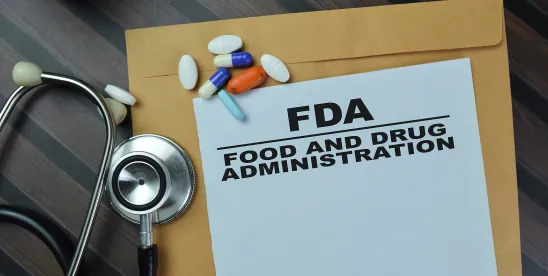Notwithstanding the FDA’s finding that “[c]urrent scientific evidence does not demonstrate that levels of microplastics or nanoplastics detected in foods pose a risk to human health,” the plaintiffs’ bar steadfastly continues to file class action lawsuits claiming otherwise. Even worse, many of the plaintiffs in those cases have boldly failed even to test the products at issue in the lawsuit, relying instead on generalized assertions in microplastic “studies” that have no bearing on the actual products in question. Fortunately, recent decisions have viewed such claims with scrutiny, dismissing them where the plaintiffs have failed to allege: (1) the levels at which microplastics become unsafe; and (2) the level of microplastics in the defendant’s products.
For example, in Miller, et al. v. Handi-Craft Company, Inc., the plaintiffs claimed the defendant’s baby bottles and sippy cups contained polypropylene, that “studies” showed polypropylene leached microplastics when heated, that exposure to such microplastics correlated with adverse health effects, and that the defendant failed to disclose the alleged risk of such health effects.1 Notably, the “studies” upon which the plaintiffs relied did not even reference the defendant’s products.
Dismissing the claims, the court held that the plaintiffs must allege “(1) the levels at which [microplastics] are unsafe, and that (2) the defendant’s product contains those unsafe levels.” The plaintiff’s vague assertions that the products released “copious amounts of microplastics” did not suffice. The court went on to reject nearly every other critical element of the case, such as the assertion that the defect is related to the product’s central function, as well as the defendant’s alleged knowledge of any supposed risks.
Similarly, in Daly v. The Wonderful Company, the plaintiffs claimed the defendant falsely advertised bottled water as “natural artesian water,” even though it allegedly contained microplastics.2 The plaintiffs relied on two “studies” that claimed 93% of tested brands of bottled water (not including the defendant’s product) contained microplastics, that stress on the bottle cap and neck caused the contamination, and that microplastics were toxic to marine invertebrates. Because the plaintiffs did not test the actual product in question, the court dismissed the claims with leave to amend.
The Daly plaintiffs’ amended allegations fared no better. Attempting to cure the deficiencies cited by the court in its prior dismissal order, the plaintiffs claimed that their attorney performed an investigation of the product, and that they had retained an expert who would perform further analysis. As to the alleged testing by counsel, the court found the allegation “hard to take seriously” as the plaintiffs included “no information about what sort of testing was done, under what conditions, or what its results were (aside from the generalized statement that Fiji Water ‘contained microplastics’).” Furthermore, the plaintiffs claimed the testing constituted work product that they would not disclose in any event. As to the alleged future testing, the court found that the plaintiff’s “intention to have an expert do more testing in the future does not advance his claims over the plausibility line.” The court noted that “the key facts are currently available to the plaintiff,” and so the court expects them to adequately plead those facts.
As microplastics litigation expands, courts should continue to hold plaintiffs to the minimal burden of actually testing the product(s) in question before filing suit. Assumptions of plastic levels and related toxicity and generalized “studies” of common plastics should not open the doors to class action litigation.
1 No. 4:24-cv-03782 (C.D. Cal.)
2 No. 1:24-cv-01267 (N.D. Ill.)




 />i
/>i
